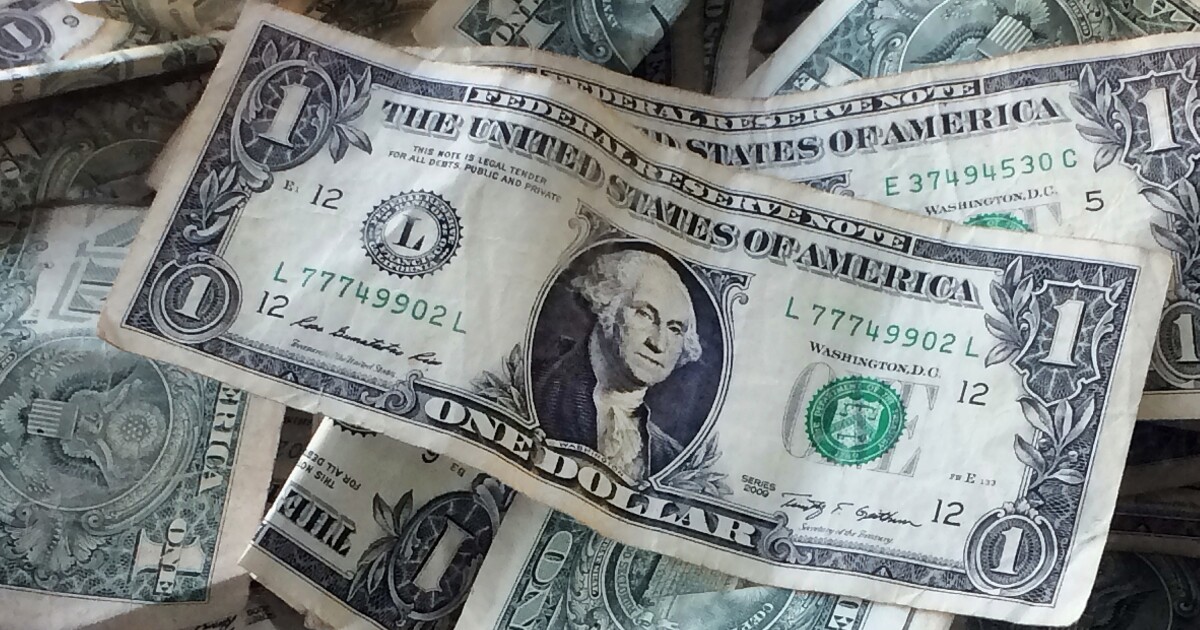

Several cities in the United States are implementing universal basic income plans for different demographics in 2022.
Most of the plans are not permanent and will run for only a few months, though some have a longer lifespan. All of the plans will be limited to specific demographic groups and will only allow a certain number of people in the designated city or state to participate.
None of the plans will provide enough funds to allow people to quit working, but they are expected to give participants a bit of help in the current state of the economy.
ANNAPOLIS, MARYLAND
The city of Annapolis is debating a proposed $800,000 pilot program that would give $500 a month to 100 families. The plan would be funded with money that the city received from the American Rescue Plan Act, federal money allocated through a pandemic relief bill that must be spent over the next two years, according to the Capital Gazette.
The program would be modeled on an initiative in Stockton, California, which has shown that families use the money for food and housing, said Democratic Alderman DaJuan Gay from Ward 6 of the city. Two other Democrats, Aldermen Rob Savidge of Ward 7 and Ross Arnett of Ward 8, said they supported the idea in concept as a tool to reduce income inequity, but they had concerns about the long-term funding of the program.
VOTERS SAY THEY’RE OK WITH THESE CHANGES TO FIX SOCIAL SECURITY
CALIFORNIA
State Sen. Dave Cortese (D-CA) is looking to pass a bill in California that will give homeless students in the state $1,000 every month for five months in 2023. A total of 15,000 high school seniors will be eligible to take part in the proposed plan, which Cortese says has been “moving along and passing with flying colors,” according to San Jose Spotlight.
If the bill is signed into law, students will need to fill out either a student aid or California Dream Act application and must be in the 12th grade when applying for the plan.
MINNEAPOLIS
Minneapolis families who are enrolled in the city’s Guaranteed Basic Income Program can expect to receive $500 every month for the next two years. They will be allowed to spend the money as they see fit and will not have to expect a check-in process from the city’s government on how they are spending the money.
Only 200 families were selected for this program, and the first round of payments will begin this month. In addition to living in one of nine ZIP code areas and being at least 18 years old, eligible participants were required to show that their annual income is at or below 50% of the area median income for the city and that they had been hurt financially by the COVID-19 pandemic.
CLICK HERE TO READ MORE FROM THE WASHINGTON EXAMINER
ITHACA, NEW YORK
Beginning in June, the Ithaca Guaranteed Income plan will give 110 randomly selected unpaid caregivers and their families $450 every month for the next 12 months. The city defines caregivers as “adults who spend significant unpaid time caring for an aging or disabled adult or a child.”
Applications for the plan were held in December 2021 and were only available for Ithaca residents whose income was below 80% of the area’s median income. However, if participants moved out of the city or if their income level grew, they could continue to be included in the program.
“We’re in the midst of another Great Depression, which necessitates bold, New Deal-type investments in our people,” the plan’s page read. “Even before COVID-19 hit, wealth and income inequality were at historic highs. People who were working two and three jobs couldn’t afford basic necessities. Nearly 40% of Americans could not afford a $400 emergency.”






